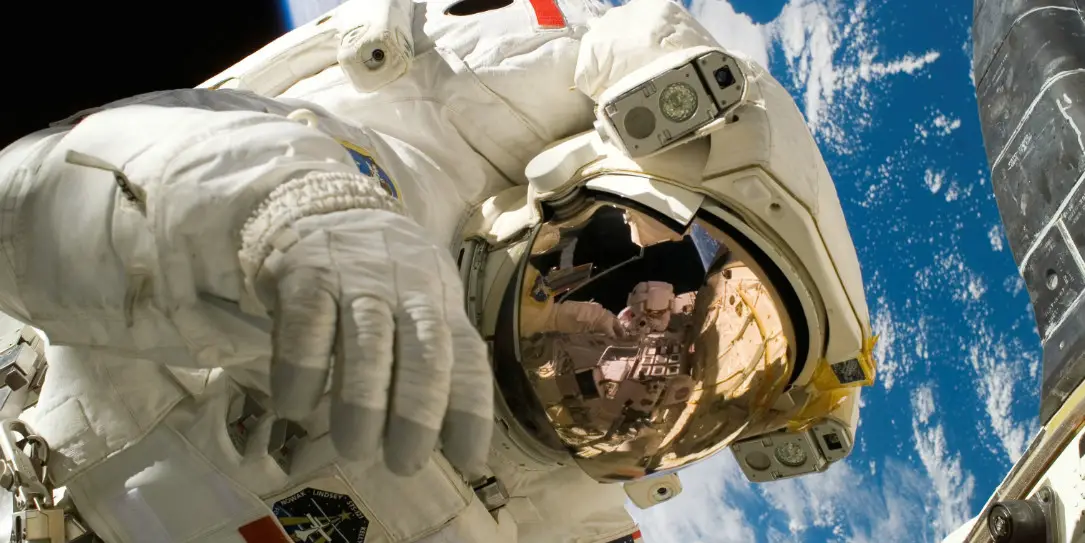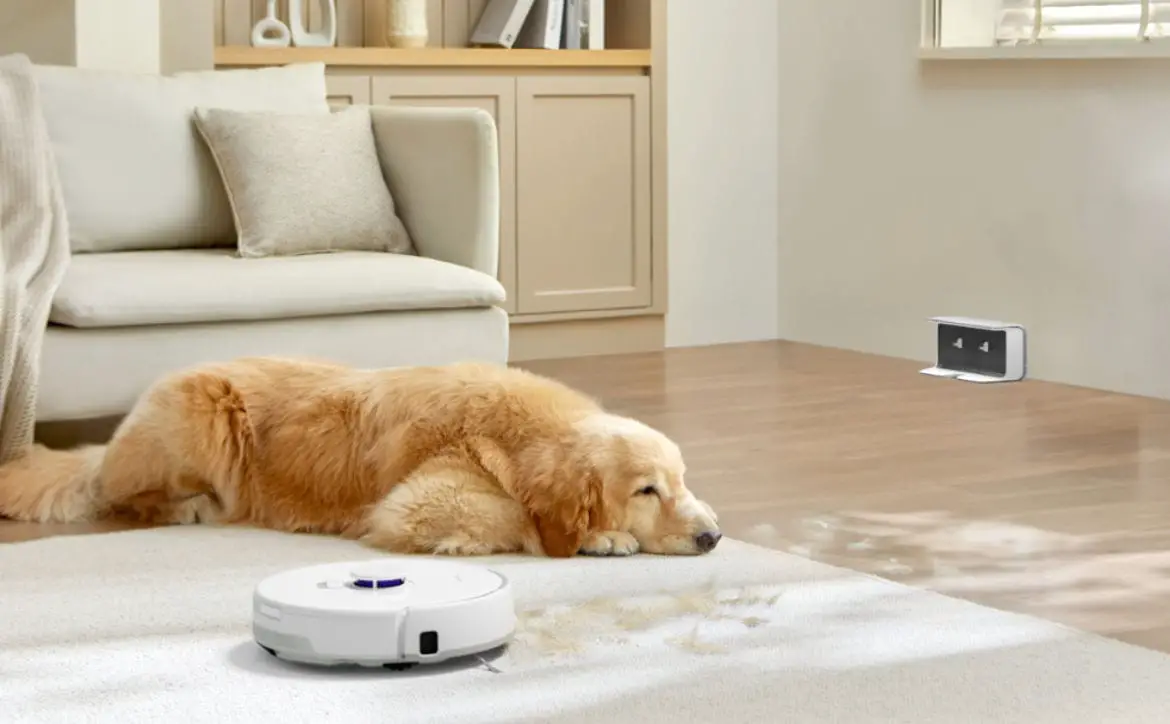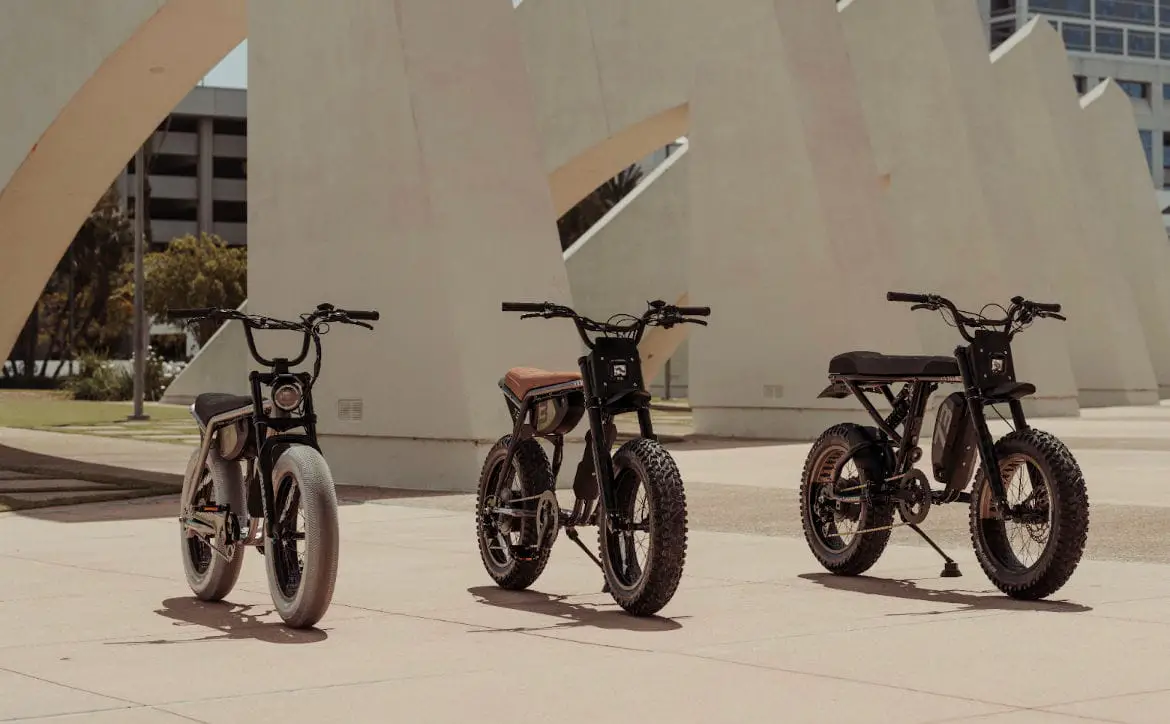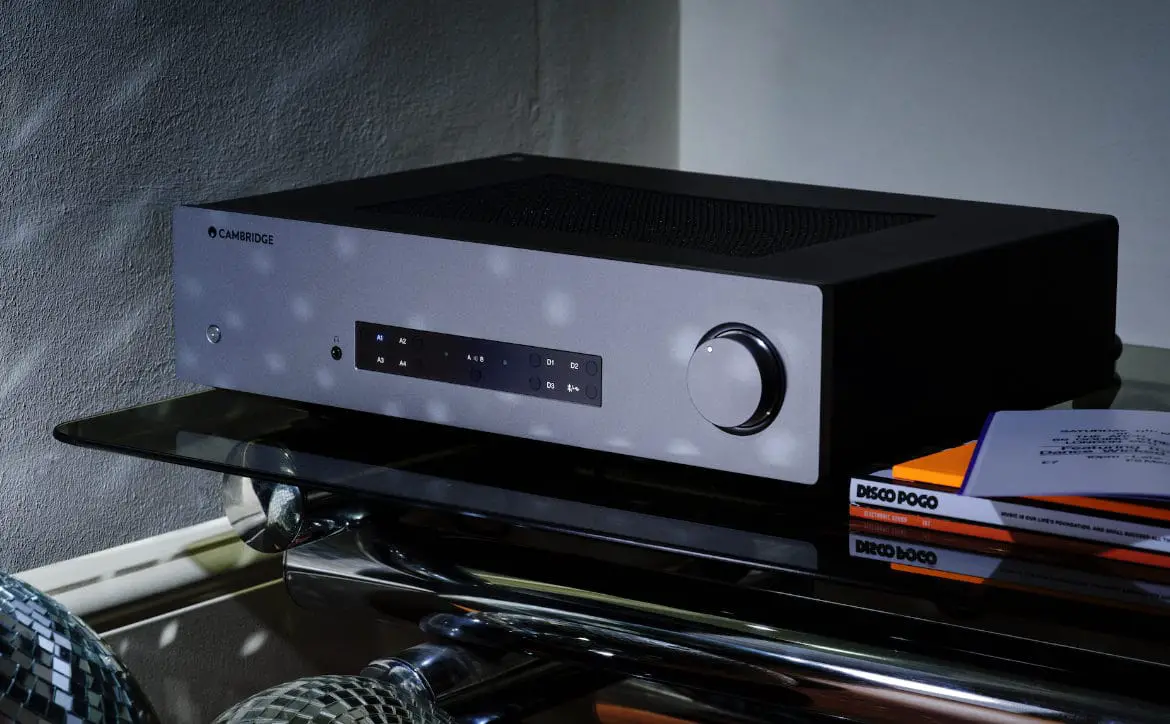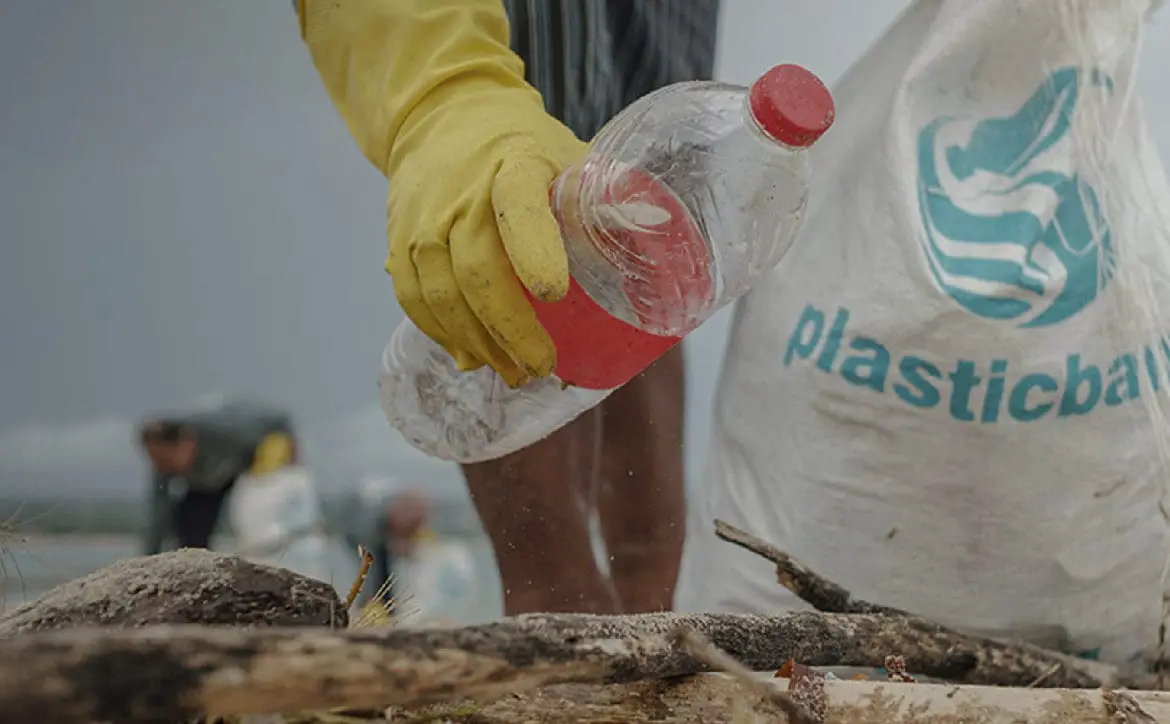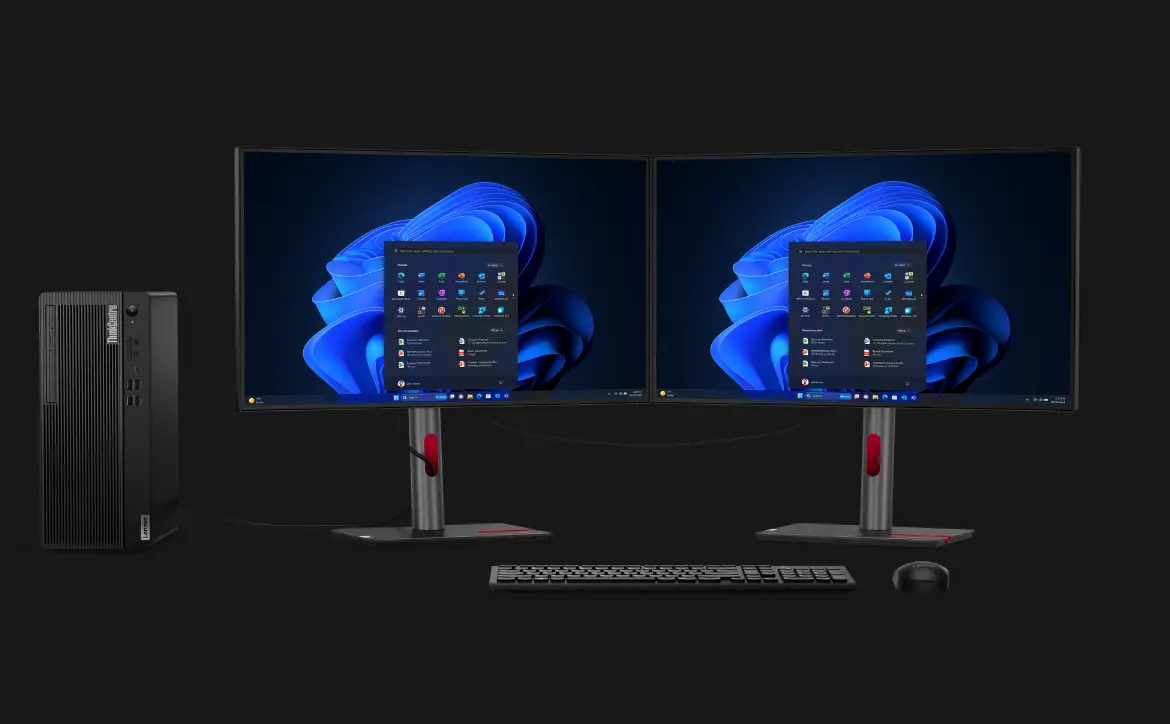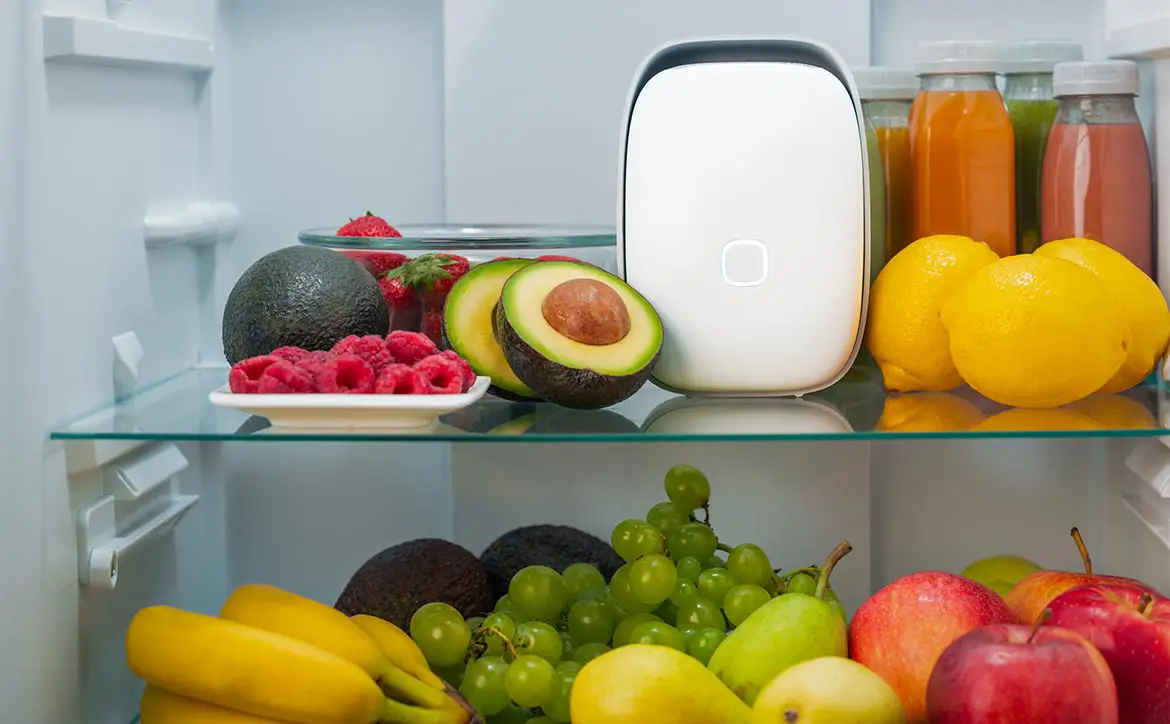When you’re launching a rocket into space, one of the most important aspects to control is weight. When you’re sending astronauts on long space missions, one of the most important things to pack is food. You can probably see where this is going, but food can get heavy. Even taking an earth-based launch out of the equation, any ship travelling into deep space with people aboard would need to account for room to store food and water. Researchers at Penn State have discovered a way to extract nutritional elements from human waste using a system that would save both weight and space on potential future missions.
This system uses a series of microbes in a relatively small enclosure. A four-foot long cylinder with a four-inch diameter housed artificial solid and liquid waste that is commonly used in waste management testing. The microbes were able to chomp on the waste while expelling methane, which can be used to create a different microbe, Methylococcus capsulatus. That byproduct is something that is used in animal feed, so adapting it for human consumption would simply be the next stage of the experiment. Christopher House, professor of geosciences at Penn State described the system:
“We envisioned and tested the concept of simultaneously treating astronauts’ waste with microbes while producing a biomass that is edible either directly or indirectly depending on safety concerns. It’s a little strange, but the concept would be a little bit like Marmite or Vegemite where you’re eating a smear of ‘microbial goo.'”
Maybe it’s just me, but describing eating the remnants of human waste as a “smear” of anything (especially something that rhymes with “poo”) probably isn’t going to sit so well with potential human waste eaters.
While the initial thought may be a bit off-putting, the science behind it and the attempts to solve problems for our future space-faring ways are always appreciated. What do you think about using human waste for food? Let us know in the comments below or on Google+, Twitter, or Facebook.
[button link=”http://news.psu.edu/story/502406/2018/01/25/microbes-may-help-astronauts-transform-human-waste-food” icon=”fa-external-link” side=”left” target=”blank” color=”285b5e” textcolor=”ffffff”]Source: Penn State[/button]
